 The School of Education catches up with Beth McEwan, PGCE student, and trainee History teacher to ask her why she chose to undertake her PGCE (Initial Teacher Education) at the School of Education, University of Bristol, and the challenges of studying during a pandemic.
The School of Education catches up with Beth McEwan, PGCE student, and trainee History teacher to ask her why she chose to undertake her PGCE (Initial Teacher Education) at the School of Education, University of Bristol, and the challenges of studying during a pandemic.
Tell us about yourself and why you chose to become a history teacher.
I’m Beth and I recently graduated from Cardiff University, where I did my History degree. I’ve wanted to be a teacher since I was about 15 or 16, but I originally wanted to be a primary school teacher. After doing work experience in a primary school, and as I gradually fell more and more in love with History, I realised I would prefer to be a History teacher.
I also feel that the transferable skills gained through studying History are vital. Having the ability to look critically at the evidence and arguments surrounding you, and to frame your own interpretations based on evidence, is becoming increasingly important. If I can contribute to providing these skills to future students, and to help them achieve their ambitions, I’ll find my career deeply rewarding. (more…)



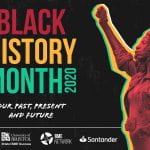
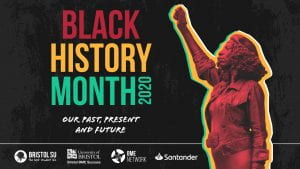
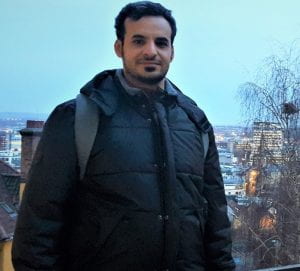
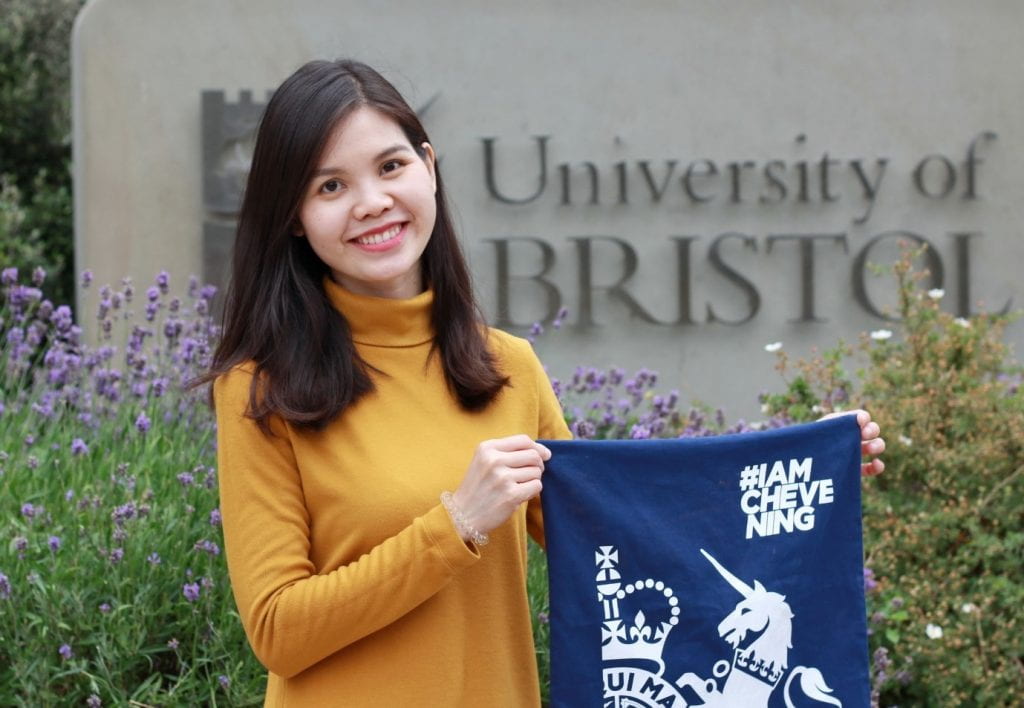
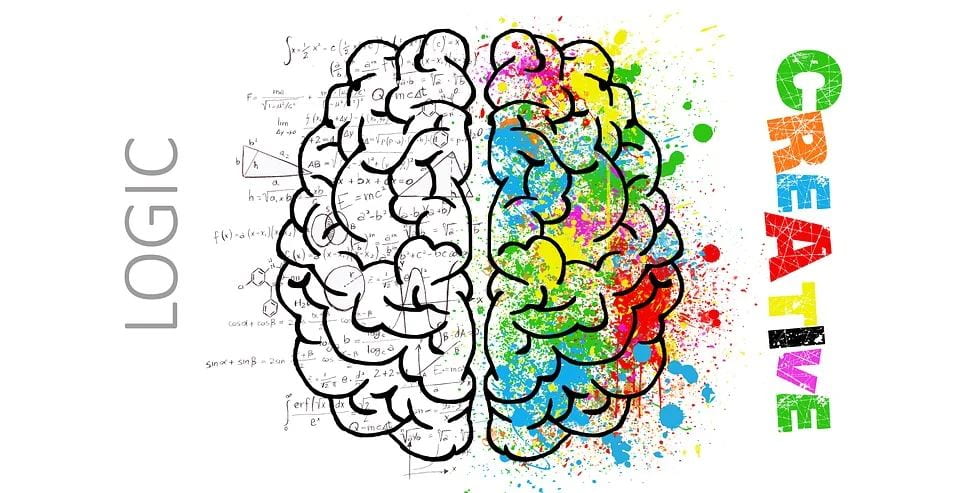

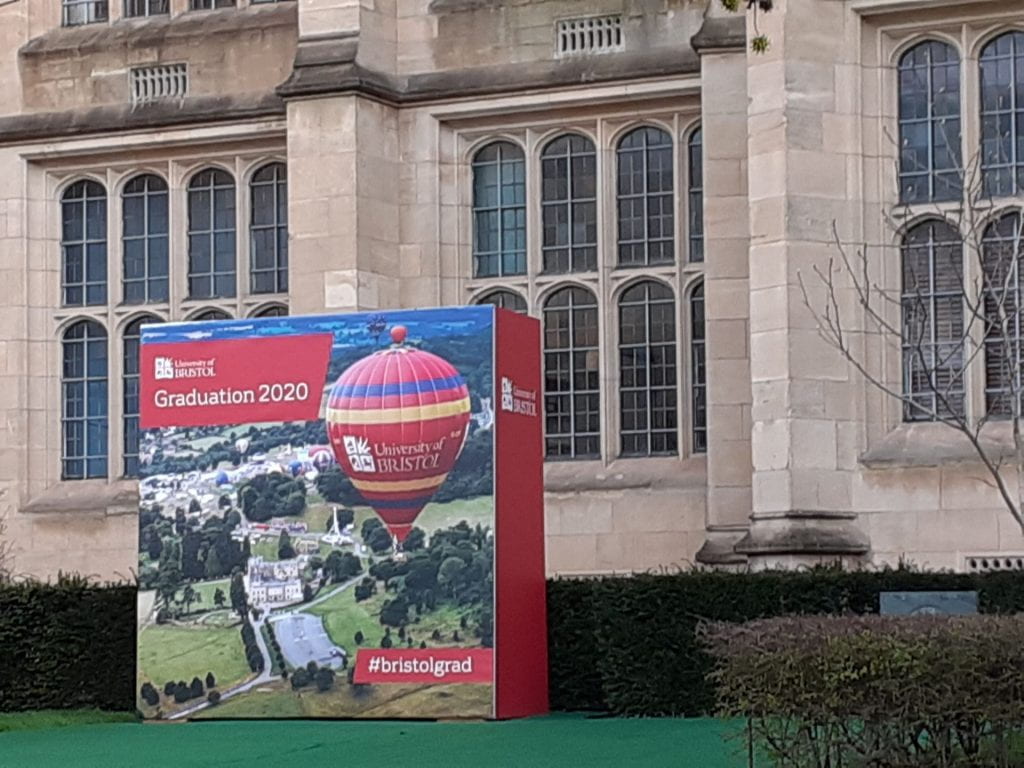

 Blog post by Claire Lee and Lucy Wenham, School of Education, University of Bristol
Blog post by Claire Lee and Lucy Wenham, School of Education, University of Bristol